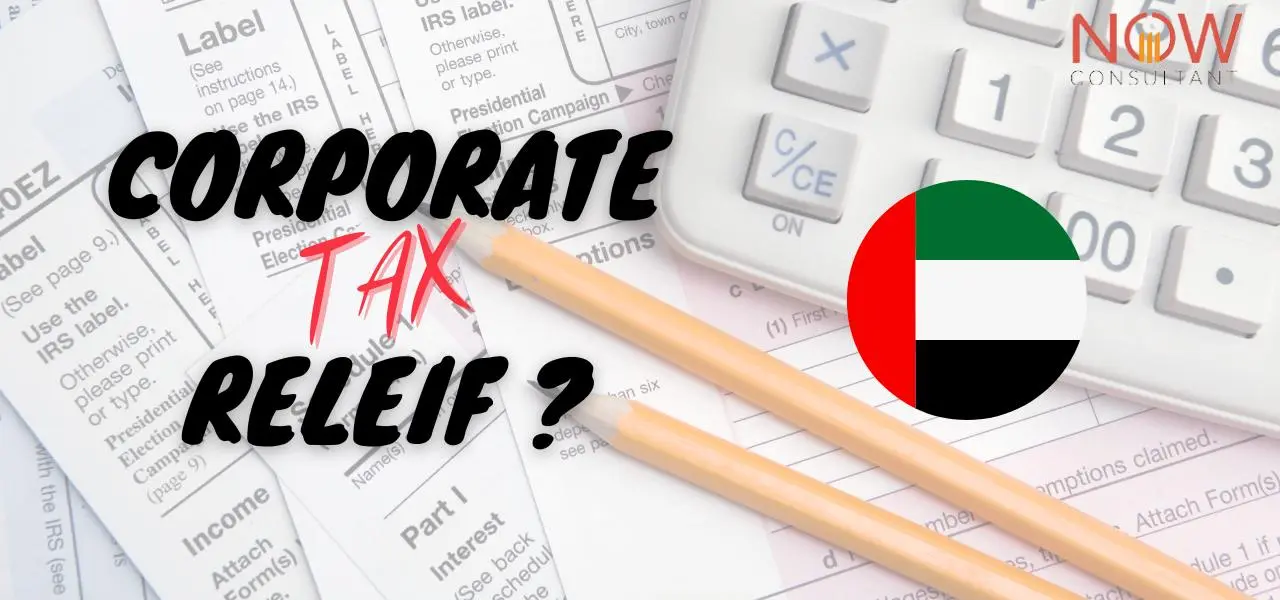Introduction:
According to predictions, the economy will slow down significantly across a wide range of regions and industries in 2023. This will hurt businesses, particularly in the Gulf Cooperation Council (GCC) nations. Now Consultant will examine the causes of the economic slowdown and how companies in the GCC may operate in this difficult environment.
Global Economic Slowdown:
The current financial and economic crisis is undoubtedly having a more profound impact in some places than others. The Arab region is one that might be among those most severely impacted. The following shows the GCC Country’s outlook:
Bahrain:
The current financial and economic crisis is undoubtedly having a more profound impact in some places than others. The Arab region is one that might be among those most severely impacted. The following shows the GCC Country’s outlook:
Kuwait:
In 2023, economic growth is predicted to decrease to 1.3% as a result of OPEC+’s cautious approach to output and the weakening of the global economy. Kuwait’s non-oil sectors are projected to expand by 4.4% in 2023, mostly due to domestic demand.
Oman:
The facilitated implementation of structural reforms under Vision 2040 is expected to be the primary factor boosting Oman’s economy’s growth but at a slower rate. In 2023, the overall growth will get to 1.3%. As a result, it is predicted that the hydrocarbon sector will shrink by 3.3% due to recent production cuts by OPEC+, while the non-oil economy will continue to grow by 3.1% in 2023.
Saudi Arabia:
Economic growth is going to decrease to 2.2% in 2023. Oil sector GDP will decrease by 2% as a result of a decline in oil production as long as Saudi Arabia complies with OPEC+ agreed production cuts. However, given that oil prices are still relatively high, lax fiscal policy and strong private credit growth are anticipated to mitigate the oil sector’s contraction.
United Arab Emirates:
Due to a decrease in the oil sector and restraint in the financial conditions economic growth is going to be slower in 2023 as compared to 2022. The real GDP will grow to 2.8% in 2023, showing a significant growth in oil activity by 2.5%.
Oil Prices and GCC Economies:
Since reaching a low of per barrel on March 20, oil prices have increased by almost 20%. The Organization of Petroleum Exporting Countries (OPEC+) decision to cut oil output by about 1.16 million barrels per day and China’s reopening are largely to blame for this increase. The slowing of the global demand, however, will make future improvements over the upcoming months essentially modest.
- Saudi Arabia, the top oil producer in the world, will increase by 3.2% this year.
- The United Arab Emirates (UAE), the second-largest economy among GCC participants, will expand by 3.7 percent in 2023 and 4.0 percent the following year.
- This year, it was anticipated that both Qatar and Bahrain would expand at a slower rate of 2.7%.
- Oman was expected to increase by 2.6 percent in 2023
- Kuwait's economy is only expected to rise by 1.5 percent.
Fiscal and Monetary Policies in the GCC:
We expect the price of Brent crude will average $95 per barrel (bbl) this year and $90/bbl in 2024, both significantly higher than the 2021 average of $70/bbl, after reaching a peak of $102 in 2022. This is due to the fact that a geopolitical premium to oil and gas prices resulting from the current situation in Ukraine will largely balance weaker global growth and the associated impact on hydrocarbon consumption.
Governments in the GCC are focusing on implementing changes to lessen reliance on oil and preserving fiscal restraint. The total spending in the GCC countries would rise by about 1% in 2023. However, unexpected oil income will maintain some level of spending, improve market sentiment, and strengthen the region’s economic toughness.
Looking ahead:
In comparison to the rest of the globe, the GCC region’s outlook for 2023 appears more optimistic thanks to relatively high oil prices, expansion of the non-oil economy, and moderated inflation. Liquidity circumstances are anticipated to improve with the support of corrective action and as economies adapt to the new rate environment, with central banks in the area closely monitoring financial market volatility in the midst of a tighter monetary policy environment. We should expect increased investments and governmental action to improve the GCC economy as a result of the anticipated attention on the region and the UAE. Finally, we anticipate significant investments from companies in the national workforce’s skill development to meet localization needs.









